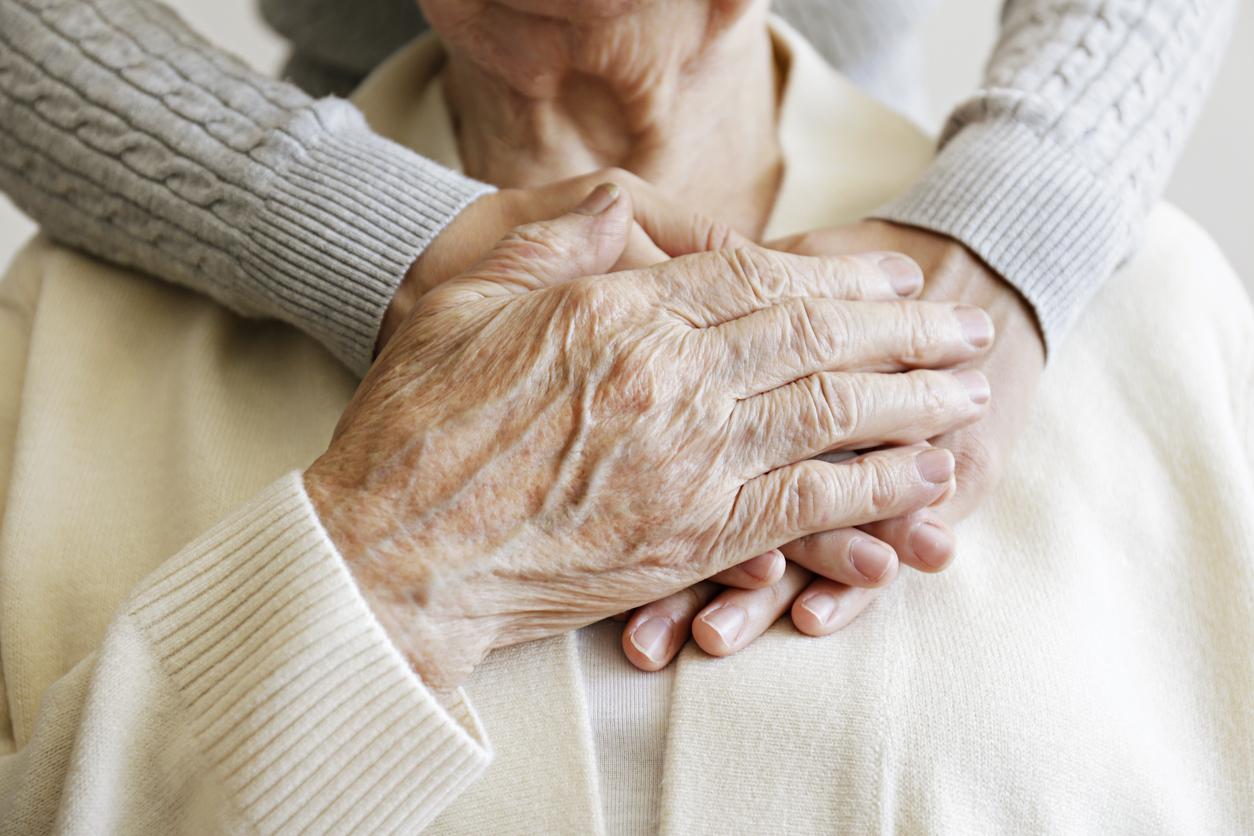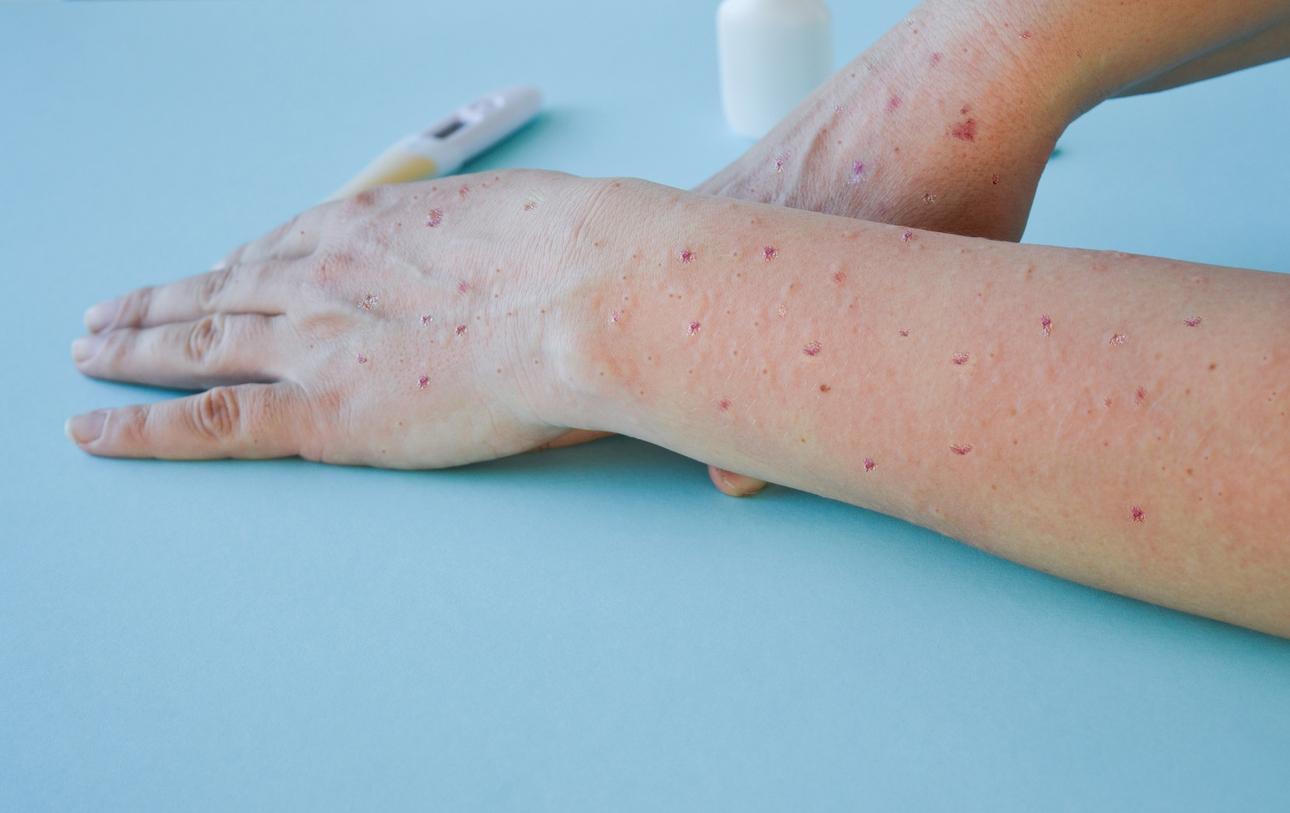Since 2000, global life expectancy has gained 5 years to reach 71.4 years. But great health inequalities persist.

In 15 years, the world has gained 5 years of life expectancy, according to a report by the World Health Organization (WHO) published on Thursday and entitled World Health Statistics 2016: Monitoring health for the Sustainable Development Goals.
But this spectacular increase – the strongest since the 1960s – should not hide the inequalities that persist in and between countries, insists the WHO.
“The world has made great strides in reducing unnecessary suffering and the number of premature deaths from preventable and treatable diseases,” said Dr Margaret Chan, WHO Director-General. But this progress has been uneven. Helping countries achieve universal health coverage based on a strong primary health care system is the best thing we can do to ensure that no one is left behind. “
Rapid progress in Africa
This increase in life expectancy between 2000 and 2015 makes it possible to reverse the downward trends observed in the 1990s. The increase was fastest in Africa, where life expectancy has gained more than 9 years for reach 60 years old. An improvement made possible thanks to progress in child survival, the fight against malaria and access to antiretrovirals for HIV treatment.
Globally, the life expectancy of children born in 2015 is 71.4 years (almost 74 years for girls and 69 years for boys), and life expectancy in good health is approaching 63 years.
But at the individual level, longevity depends on the place of birth. With an average lifespan of 86.8 years, Japanese women can expect to live the longest. For men, they live the longest in Switzerland: 81 years on average. But in Sierra Leone, the country with the lowest life expectancy, women and men are barely over fifty.
These statistics illustrate the scale of the challenges and the significant gaps that some regions of the world have accumulated. Thanks to this comprehensive overview of the latest data available, WHO points out that each year 303,000 women still die of complications during pregnancy or during childbirth. Some 6 million children die before their 5thth anniversary, and 1.7 billion people die before the age of 70 from cardiovascular disease and cancer.
.

















